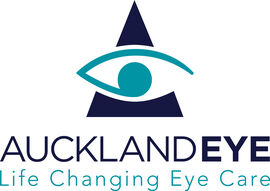Central Auckland, East Auckland, South Auckland, West Auckland, North Auckland > Private Hospitals & Specialists >
Auckland Eye Ltd
Private Service, Ophthalmology
Retinal Detachment
This is when the retina (the back layer of the eye) detaches, meaning it lifts or separates from its normal position within the eye.
An acute retinal detachment requires urgent assessment and appropriate treatment. Unless prompt and effective treatment is given, some forms of retinal detachment may lead to irreversible blindness.
Signs and symptoms include:
- a sudden or gradual increase in floaters
- deterioration in vision
- cobwebs or specks with the visual field (peripheral vision)
- light flashes in the eye or the appearance of curtains over the visual field (peripheral vision).
You are more likely to have a retinal detachment if you are very short-sighted or have had an injury or previous surgery to the eye.
At your assessment for a possible retinal detatchment you will have drops put in your eyes to dilate the pupil and allow the doctor a better view of the back of the eye. This will make driving home difficult, so it is advisable to bring a driver. Please also bring along any glasses that you wear and any medication you take. The appointment will take approximately an hour.
If treatment is indicated, this may be done whilst you are at the clinic or another date organised in the near future.
For minor detachments, a laser or freeze treatment (cryopexy) are used. Both therapies re-attach the retina.
For major detachment, surgery will be necessary. A band is often put around the back of the eye to prevent further detachment. Surgical treatment is usually a vitrectomy, where the jelly (vitreous which also sits in the back of the eye) is removed. This often involves a hospital stay. It can take several months post-surgery to see the final visual result.

